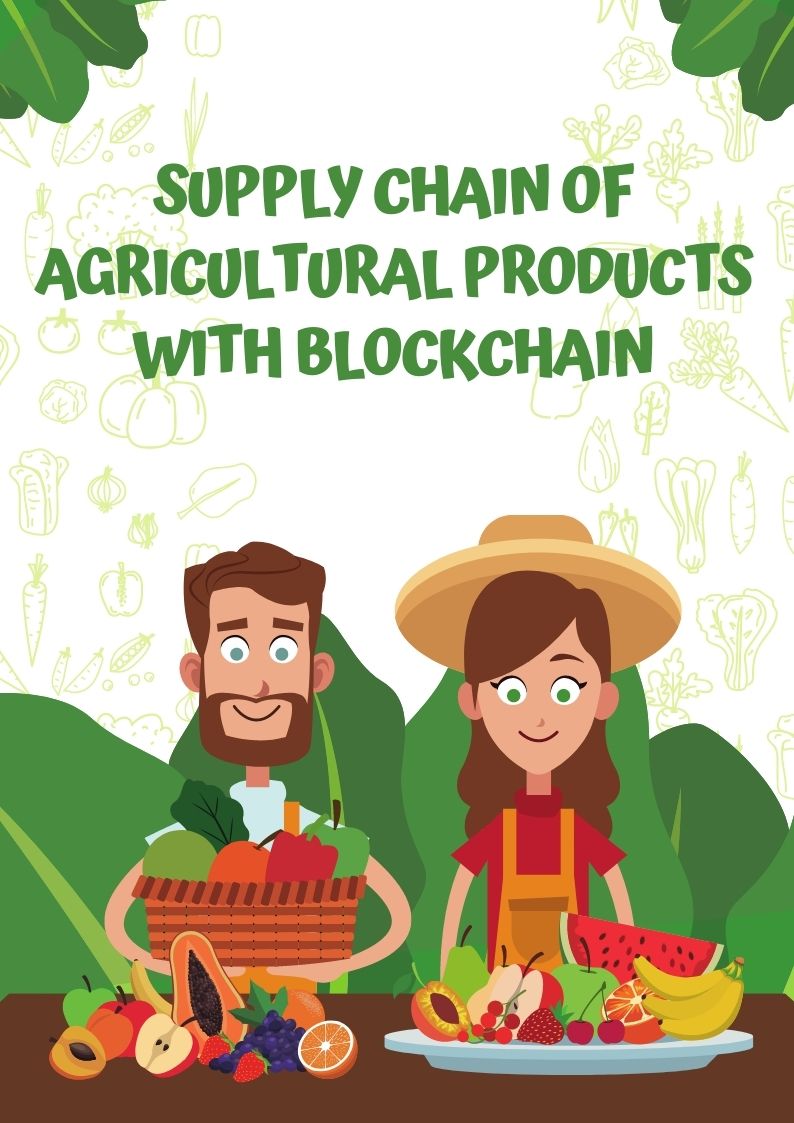Although free trade agreements between Vietnam and other countries and regions have been successfully signed continuously, is it an opportunity or a challenge for exports, especially in the agricultural sector? One of the barriers that prevent Vietnamese agricultural products from meeting quality standards and not having high value is not being able to prove the origin of the product's quality.
With the traditional trading habits, farmers bring their products to sell in spontaneous markets or sell through traders, making the product value low and the quality of the product will not be good verified by anyone. Over time, this way of selling has affected the standard of quality. Farmers produce agricultural products only with the short-term goal of making quick money and forgetting the long-term goal of product quality. This heavily affects the quality of the output and of course will not be able to meet the strict requirements of other fastidious markets such as the US, Europe, Australia, etc.
At a time when users are increasingly interested in food safety, product origin, pursuing organic food sources, clean food and the development of science technology to serve human needs. We need to flexibly apply and adapt new technologies to raise the value of agricultural products.
One of the methods to pursue the 4.0 technology trend is to apply Blockchain to create a smart agricultural supply chain. Start with the farmer, end with the consumer. Blockchain is the key to information transparency when the source of trust between consumers and suppliers is product information.
Blockchain traceability is the encoding of the crop care cycle, storing cultivation information from seed stage to harvesting - packaging. Information collected during the growing - harvesting - distribution process will be stored on the blockchain technology platform and cannot be modified. From there, it proves that the entire production and crop production process meets the farm's standards. The fact shows that, even though the farm has invested in advanced production technology and farming models that meet quality standards, it is impossible to prove the reality. Therefore, Blockchain traceability solves the problem of trust between entities in a trading relationship.
Not only that, the characteristics of Blockchain can also be applied to solve commercial problems in agriculture. When the majority of farmers are farmers with little knowledge, business people buy and sell many price-squeezing tricks, the application of Blockchain in agricultural trade will create fairness and ensure economic benefits for people. farmer. Through the application of Smart Contracts, economic terms and conditions will be established and secured on the Blockchain platform, which cannot be replaced or modified. Once the Smart Contract is established, subsequent payment transactions will be made on those terms, protecting the interests of both parties, especially the farmers.
The final product in Blockchain traceability is a QR code, which is printed and pasted in the final packaging. From here, users can scan the QR code and see all the information of the product from the first step such as the type of seed to the final step of forming the product for sale.
Only with blockchain application can we solve quality problems, make the production cycle transparent and especially ensure the output for farmers. In addition, when coding agricultural products, it will be easy to put products into supermarket systems and e-commerce platforms. The deployment of agricultural product consumption on the new channel will open a new outlet with many advantages, helping farmers feel secure in production labor, and consumers can buy food and agricultural products with good quality.
![[BOM]-Logo_transparency3 [BOM]-Logo_transparency3](https://bom-software.com/sitepad-data/uploads//2021/06/BOM-Logo_transparency3-1.png)
